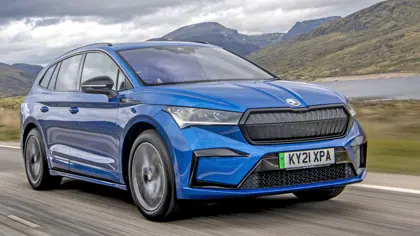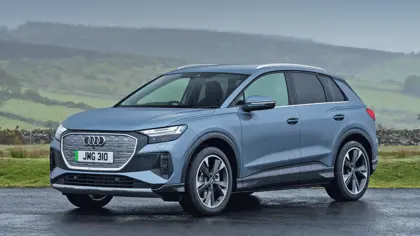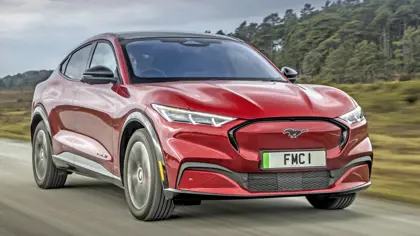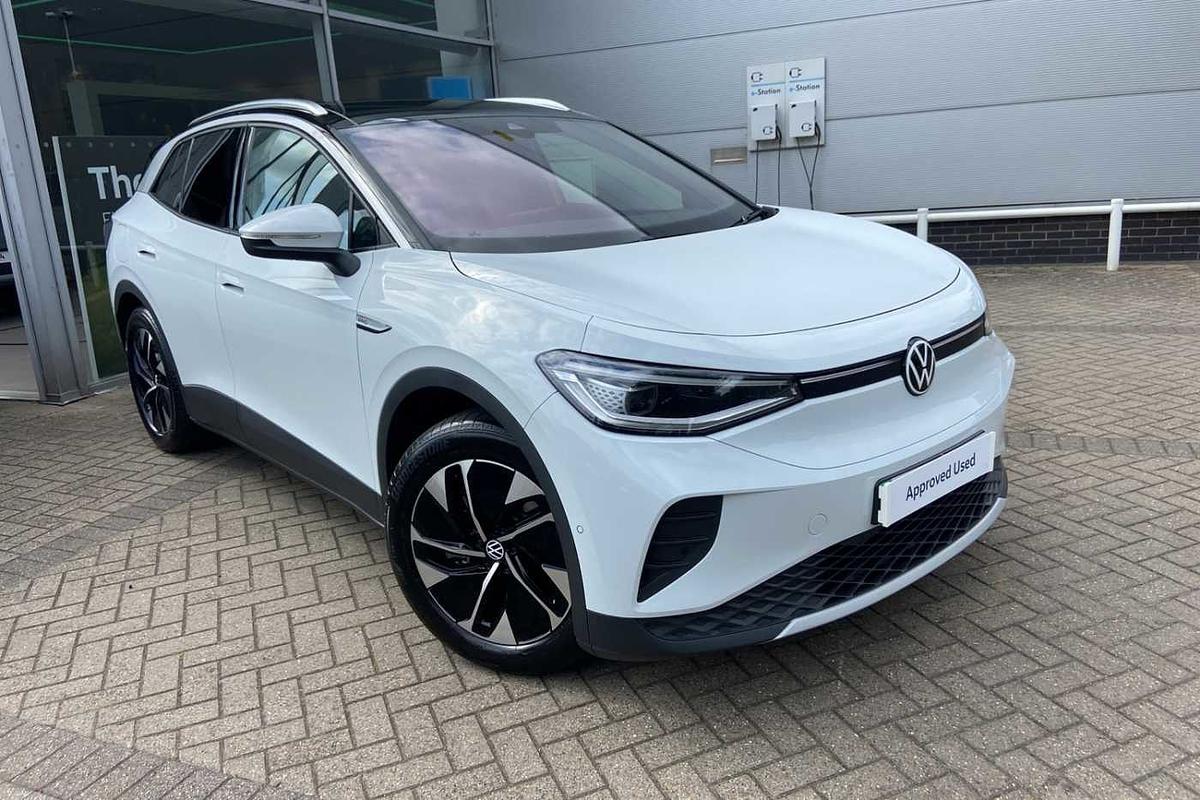Volkswagen ID.4 Review
Volkswagen's first electric SUV majors on delivering spacious family motoring at a low cost to your wallet and the environment
Strengths & weaknesses
- Good battery range
- Plenty of standard equipment
- Loads of space and a large boot
- Not especially swift compared with rivals
- Interior feel low-rent in parts
- Fiddly, counter-intuitive interior controls
While the Volkswagen ID.3 is aimed at the sort of people who might have traditionally bought a Volkswagen Golf, the larger ID.4 could be for you if you want a family SUV or crossover.
Non-VW alternatives to the VW ID.4 include the Hyundai Ioniq 5, the Kia EV6, Skoda Enyaq iV and Audi Q4 e-tron. Of course, Volkswagen will want the ID.4 to also appeal to those switching from petrol- and diesel-engined cars into electric models, so you might also be looking at one of these if a Nissan Qashqai, Kia Sportage or Ford Kuga family SUV is on your shopping list.
The ID.4 is a relatively appealing shape. It certainly has more interesting curves than the slightly utilitarian and boxy ID.3. However, despite the contrasting body colours available in some models, it doesn’t stand out as a daring design in the way that a Kia EV6 or Hyundai Ioniq 5 does. That may well be to its advantage, though - subtlety and restrained styling has often been a virtue of VW’s designs, and a key to the brand's classless-yet-classy image.
And although it’s based on the same underpinnings as the ID.3, this is a practical family crossover about the size of the Tiguan. As a result, the car is about 30cm longer than the ID.3, so you get an enormous boot, and because there isn’t a large petrol engine taking up space, there’s more room for passengers than you get in a Tiguan. This is, in short, a very roomy car.
Part of the reason for all that interior space is that the electric motor is located beneath the boot floor, driving the rear wheels. This also means that despite its off-roader looks, most ID.4s are rear-wheel-drive rather than being true 4x4s. There is a four-wheel-drive ID.4 available in the form of the high-performance GTX model, but it gets four-wheel-drive to give it better grip on the road, rather than to gain off-roading ability.
In terms of power, the GTX sits at the top of the range, with its twin electric motors (one powering the front axle, one powering the rear) delivering 299hp. The rest of the ID.4 range gets a single motor driving the rear wheels and power outputs of 148hp, 170hp (labelled Pure and Pure Performance), 174hp or 204hp (labelled Pro and Pro Performance).
Pure models have a 52kWh battery that give the car an official range from a full charge of 213 miles, while the ‘Pro’ models get a 77kWh that gives an official potential range of 324miles. The twin-motor GTX gets the 77kWh battery but a range of just under 300 miles.
Out on the road, the ID.4 offers a fairly average driving experience. It’s reasonably swift if you go for the GTX model, but even in its most performance-focused form, there are much more lively-feeling rivals when it comes to acceleration. Similarly, it rides fairly smoothly, but other cars (particularly the Hyundai Ioniq 5) feel more comfortable.
Meanwhile, on a country road, the ID.4 feels stable and counters body lean well in corners, but it’s doesn’t feel especially agile or fun to drive. Then again, that’s not a priority for most drivers of this sort of family SUV.
Inside, the ID.4 is a little disappointing, apart from the fact that it offers plenty of space and comfortable seats. The touchscreen media system and digital driver's display are smart-looking and the overall minimalist vibe in the cabin feels very stylish, but in everyday use the interior of the ID.4 is a bit of a pain.
For a start, the touchscreen that controls the sat-nav and many other vehicle functions is relatively small at 10 inches compared with cars such as the Mustang Mach-E. Even the higher-spec 12-inch screen isn’t great, and the response when you use it is quite laggy. Meanwhile, the rest of the controls (on the steering wheel and for the climate control, for example) are touch-sensitive panels that are easy to knock accidentally and difficult to use precisely.
Fortunately, you can use Apple CarPlay/Android Auto to sidestep the more annoying elements of the media system, but it's a shame you have to rely on these.
Should I get a Volkswagen ID.4?
✔ Good battery range
✔ Plenty of standard equipment
✔ Loads of space and a large boot
✘ Not especially swift compared with rivals
✘ Interior feel low-rent in parts
✘ Fiddly, counter-intuitive interior controls
As an electric family SUV that delivers plenty of range at a relatively affordable price, the ID.4 makes an excellent case for itself. It’s also smartly styled and well equipped and provides all the space that you could reasonably want, whether for passengers or luggage.
Higher-spec models bear an unflattering comparison with models such as the Ford Mustang Mach-E and the classy Kia EV6, feeling less upmarket than you’d like given their price tag. Lower-spec models, however, feel like much better value, especially considering that they still come with plenty of equipment as standard - even the most basic ID.4 gets adaptive cruise control, climate control and heated seats in the front.
- Trim levels
- Motor
- Batteries and range
- Charge time
- Best ID.4 for...
- Rivals
- Dimensions
- Boot space
- Reliability
- Warranty
- Should I buy used?
- Deals
Which Volkswagen ID.4 to buy: trim levels
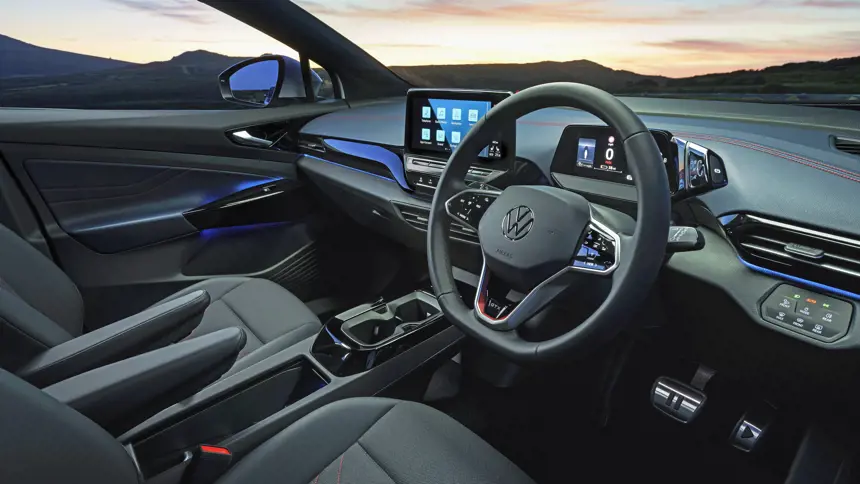
| Trim | Equipment | Deals |
| Life | Limited stock: You get plenty of standard equipment with entry-level Life trim. This includes a 10-inch touchscreen media system with built-in sat-nav and Apple CarPlay/Android Auto connectivity, autonomous emergency braking, adaptive cruise control, heated front seats and front and rear parking sensors as well as a reversing camera. | |
| Style | Limited stock: Stepping up to a Style model brings a few useful extra goodies, including an adjustable boot floor, netting dividers in the boot and extra climate controls for rear-seat passengers. | |
| Family | Limited stock: 19-inch alloy wheels are the visual highlight for the Family spec models, while rear-seat passengers will appreciate the sense of airiness that’s afforded to the car by the full-length panoramic roof. | |
| Max | Limited stock: The Max trim turns the ID.4 into an expensive car, but it adds some high-level equipment, such as a 12-inch touchscreen (instead of the 10-inch version), a head-up display and 14-way electrically adjustable seats that also have heating and massage functions. |
Best Volkswagen ID.4 motor
The 204hp motor in the Pro Performance ID.4 models offers the best balance of efficiency and power. The ID.4 is a heavy car, so it’s no rocketship, but it provides instant overtaking pull and, if driven sensibly, can be reasonably fuel-efficent.
Combined with the 77kWh battery pack, it provides a decent range and is cheaper than the faster 299hp twin-motor setup in GTX models. It also offers more range than the GTX can muster.
The 170hp and 174hp motors in the Pure Performance and Pro models are somewhat lacking, while the 148hp Pure model is overwhelmed by the heavy weight of the ID.4. So if you like having a car that can pick up speed easily, we'd avoid those versions.
Volkswagen ID.4 batteries and range
The smaller of the two available battery packs for the VW ID.4 is a 52kWh item that’s good for an official range of up to 213 miles, depending on specification. In our real-world tests, we averaged around 180-200 miles per charge.
The biggest battery pack is 77kWh and offers a full-charge range of 324 miles, though this drops to just under 300 miles in the case of the GTX models, with their twin electric motors and four-wheel-drive (which makes them slightly less energy-efficient).
Volkswagen ID.4 charge time
The ID.4 models fitted with the larger 77kWh battery packs are capable of charging at up to 125kW. This should give you an 80% charge from a flat battery in just over half an hour, provided you can find a sufficiently powerful public charger. This does put it somewhat behind the abilities of the Hyundai Ioniq 5, with its 220kW on-board charger, but it’s still brisk enough for most situations.
The lower-powered models with the smaller 52kWh battery setup have a maximum charging rate of 110kW, but the smaller battery capacity means these also reach an 80% charge in about half an hour.
Expect both battery versions to charge fully in about eight hours on an 11kW home wallbox charger or 12 hours 30 minutes on a 7kW charger.
Best Volkswagen ID.4 model for…
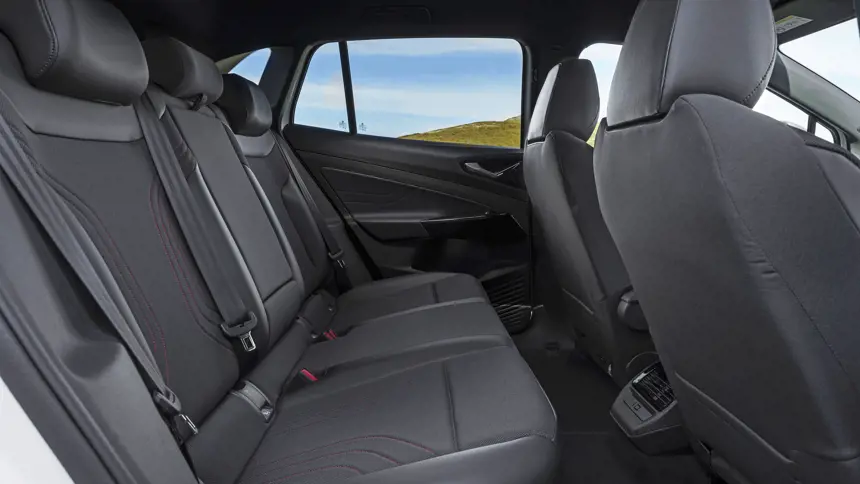
The equipment lists and price points for the various models in the ID.4 range span quite a broad spread. Low-end models with lower power outputs and smaller batteries offer affordable family transport while higher-end models are up against cars with premium badges and, in the case of the GTX, even sporty pretensions.
| Volkswagen ID.4 Pure Life: This is the entry point into the ID.4 range. It’s also relatively cheap to insure, yet it still has a range in excess of 200 miles and comes with plenty of standard equipment, so you won’t feel you’ve gone for a budget option. | ||
| Volkswagen ID.4 Pro Family: A panoramic sunroof and climate control for the rear-seat passengers make the Family trim level ideal for family motoring, as you'd expect, given its name. The Pro motor, meanwhile, gives sprightly enough performance and the 77kWh battery pack gives you the biggest possible range. | ||
| Volkswagen ID.4 GTX: You couldn’t exactly call the ID.4 GTX an electric Golf GTI, but its twin motors deliver a punchy 299hp and four-wheel-drive, while its suspension has been sharpened up for a more sporty overall driving experience. | ||
| Volkswagen ID.4 GTX Max: Go to the very top of the ID.4 range and you certainly get plenty of bells and whistles, but the asking price of a new one is well over £50,000, putting it in direct competition with the Tesla Model Y Long Range - which offers a third more power and a longer range. |
Volkswagen ID.4 rivals
Petrol-powered rivals for the ID.4 include the Ford Kuga - which is rather more fun to drive - as well as the smart-looking but a bit staid-feeling VW Tiguan. And if you’re in the market for a medium family SUV then you should also consider the ever-popular Nissan Qashqai, which looks very smart indeed and is almost on par with the VW in terms of interior build quality.
In terms of electric rivals, at the lower end of the range the ID.4 faces stiff competition from the MG ZS EV which, although a little smaller than the ID.4, and not quite as well put together, offers great value for money.
And if you’re considering an ID.4, then you should also look at the smart and sensible Skoda Enyaq iV, or even the swish Audi Q4 e-tron, both of which use similar technology to the VW, as they are all made by brands belonging to the wider VW group of companies.
At the upper end of the ID.4 price range there’s the sporty-looking and fun-to-drive Ford Mustang Mach-E and the Tesla Model Y Long Range, which has more power than the top spec ID.4, and will take you further on a single charge, too.
Volkswagen ID.4 practicality: dimensions and boot space
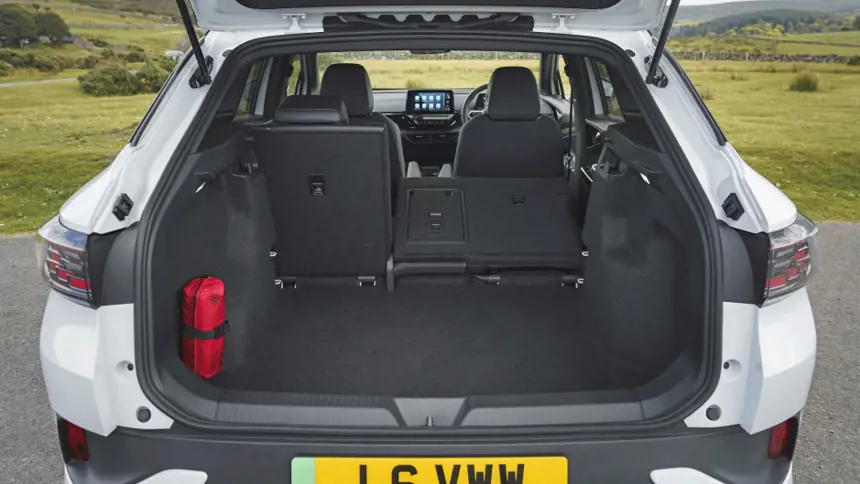
Volkswagen ID.4 dimensions
The VW ID.4 is 4,584mm long, 1,852mm wide and 1,642mm tall. This makes it noticeably larger than the related VW ID.3, but most of that (around 300mm) is in extra length behind the rear wheels, contributing to the impressive boot space in the ID.4.
Compared with rivals like the petrol-powered Nissan Qashqai, it’s a very similar size in terms of length and width, though electric rivals such as the Tesla Model Y and Skoda Enyaq iV are both a little longer than the VW.
It’s not a small car, then, and there’s plenty of bodywork around the rear windows that hamper rear visibility a little - fortunately rear parking sensors and a reversing camera are standard equipment on all models.
CLICK TO READ OUR FULL STORY ON VOLKSWAGEN ID.4 DIMENSIONS
| Length 4,584mm | Width 1,852mm |
| Height 1,642mm | Weight 1,965kg - 2,224kg |
Volkswagen ID.4 boot space
The VW ID.4 provides an impressive 543 litres of boot space, rising to 1,575 litres when you fold the rear seats down. That’s impressive compared with the 448 litres and 1,375 litres available in an MG ZS EV and the 504 litres/1,477 litres of boot capacity you’ll find in the back of a Nissan Qashqai.
It is a little short of the 585 and 1710 litres of luggage room that the Skoda Enyaq iV can muster; if ultimate boot space for your electric SUV is what you’re after, the Skoda is probably a better call than the VW, therefore.
CLICK TO READ OUR FULL STORY ON VOLKSWAGEN ID.4 BOOT SPACE
| Seats up 543 litres | Seats down 1,575 litres |
Volkswagen ID.4 reliability
Generally speaking, a VW should prove to be reasonably reliable, though Volkswagen tends not to top the charts in owner satisfaction or reliability surveys, coming somewhere in the middle ranks instead.
In the case of the ID.4, it does have the advantage of being an electric car. This means there are fewer moving mechanical parts for the engine - and indeed no gearbox at all in the conventional sense - so there are fewer things that can wear out or go wrong compared with a petrol or diesel engine.
Beyond electric car simplicity, the ID.4 should deliver reasonably dependable family motoring, but do be prepared for glitches and niggles with the media system, sat-nav and other functions that are accessed via the fiddly central touchscreen.
Volkswagen ID.4 warranty
You get a three-year warranty on a new ID.4, with a limit of 60,000 miles. This is a fairly standard setup, but Hyundai offers a more impressive five-year warranty, while Kia, SsangYong and MG offer seven-year warranties.
Where the VW warranty offers a clear bonus is that it has no mileage cap for the first two years - ideal if you undertake a lot of long journeys on a regular basis.
As for the battery warranty, VW will cover you for eight years or 100,000 miles - whichever arrives first.
| 3 years | 60,000 miles |
AVERAGE REPAIR COST PAID BY WARRANTYWISE: £537
CLICK HERE FOR MORE INFORMATION ON USED CAR WARRANTIES
Used Volkswagen ID.4: should I buy one?
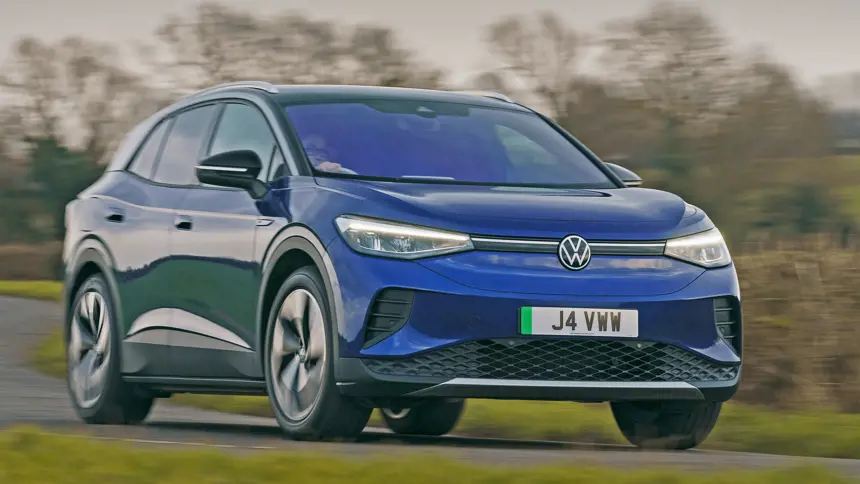
Electric vehicles on the used market are still a bit of an unknown quantity, meaning that pricing can be inconsistent, and future values are a little hard to predict. This means that the cost of PCP finance deals can vary quite a lot, as finance companies use predicted future values of cars to work out how much you’ll pay every month.
There is also uncertainty about potentially reduced range in older batteries, but battery and charging technology has improved significantly in recent years, so there’s not reason to suspect that ID.4 overall range and charging ability will drop significantly as the car gets older.
Best Volkswagen ID.4 deals
Entry-level Life trim provides plenty of equipment, including a 10-inch touchscreen media system with built-in sat-nav, heated seats and adaptive cruise control. However, the adjustable boot floor and extra climate controls for rear-seat passengers that you get on the Style model make it worth seeking out.
Higher-spec Life and Max trims are good-looking, but you will pay for the privilege, so you need to really care about aesthetics to opt for one of these.
And if you’re after the more performance-focused GTX model, be aware that it’s only available in the range-topping trims, so is a rather expensive option as a result.
*Representative PCP finance - 2018 Ford Fiesta 1.0 ST-Line Hatchback:
| PCP representative example | APR rates available | |||||
| Cash price £12,000 | APR 7.90% | Value of loan | From | |||
| Fixed monthly payment £218.12 | Annual mileage of 8,000pa | £25,000+ | 6.9% | |||
| Total cost of credit £2,755.55 | Term 48 months | £12,000-£24,999 | 7.9% | |||
| Optional final payment £4,285.79 | Loan value £12,000 | £8,000-£11,999 | 8.9% | |||
| Total amount payable £14,755.55 | Deposit £0 | <8,000 | 9.9% |
BuyaCar is a credit broker, not a lender. Our rates start from 6.9% APR. The rate you are offered will depend on your individual circumstances.

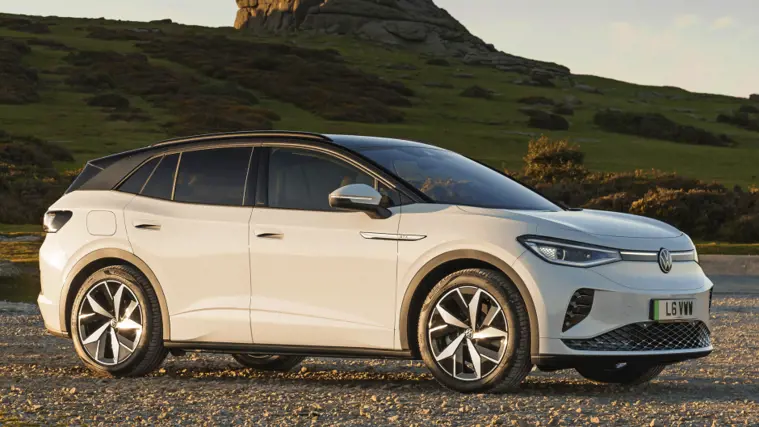
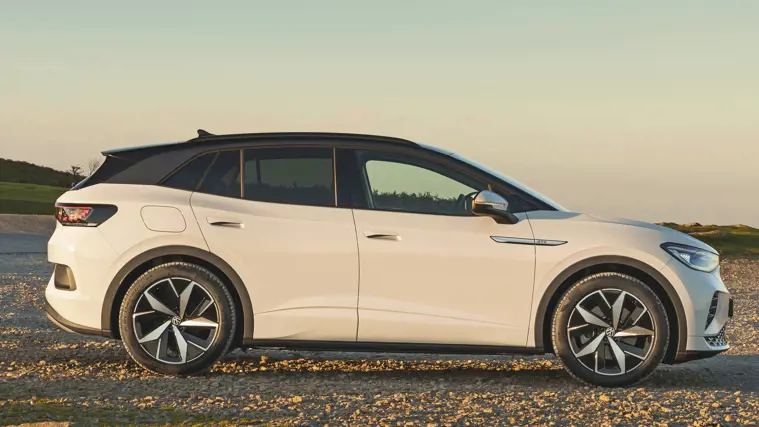
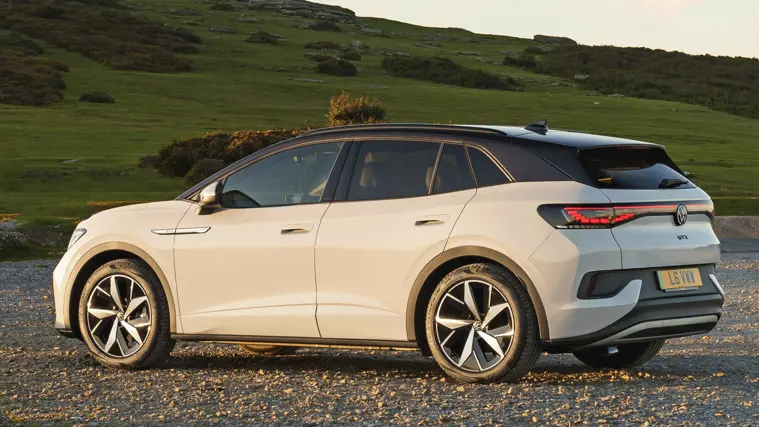
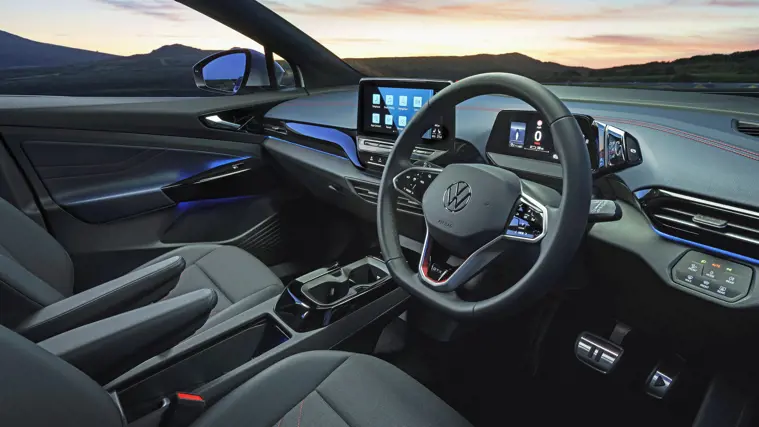
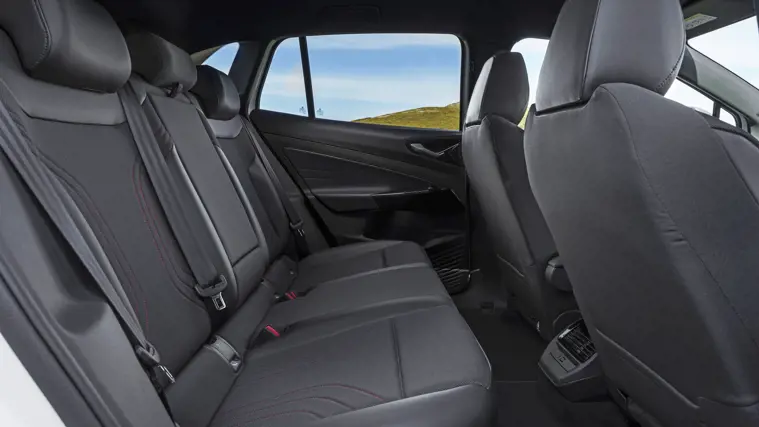
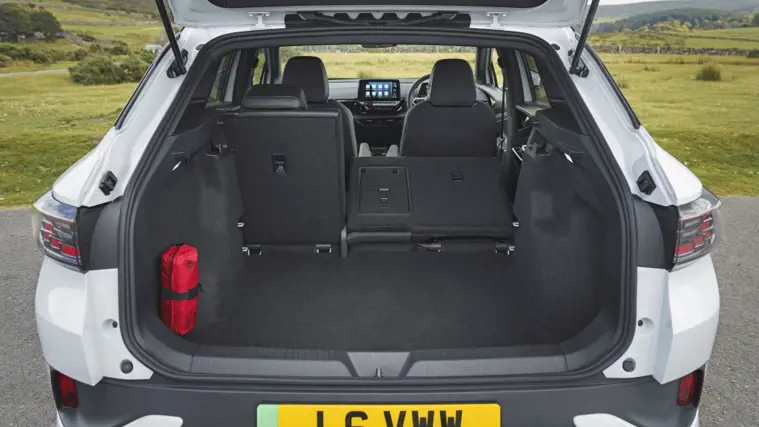
.jpg?width=759&height=427&format=webp)
